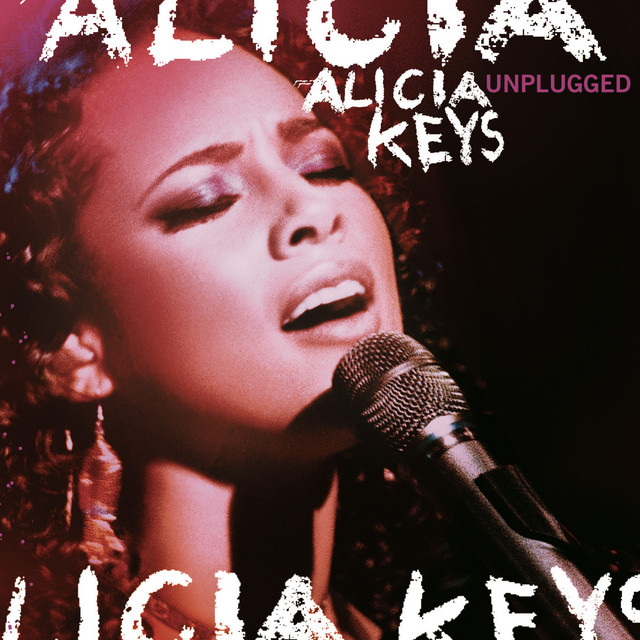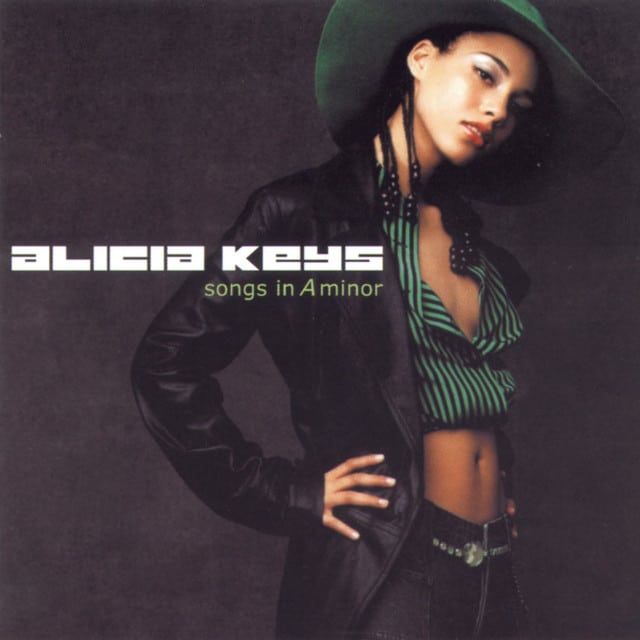Released: 2005
Alicia Keys’ “If I Ain’t Got You” is a soulful declaration that lays bare the truths of human desire, prioritizing love over material wealth and fame. The song paints a vivid picture of the empty pursuits that can dominate our lives, contrasted against the singular, pure need for genuine love. Known for her passionate vocal delivery and poignant songwriting, Keys dives deep into the heart’s priorities, setting the stage for a powerful exploration of love’s place above all else.
Starting with the verse, “Some people live for the fortune / Some people live just for the fame,” Alicia Keys introduces us to the myriad motivations that drive human behavior. The pursuit of fortune and fame is portrayed as shallow, empty endeavors compared to the depth found in meaningful relationships. Here, Keys uses “fortune” and “fame” as symbols for the external accomplishments that many chase, hoping to fill an inner void. The phrase “Some people live just to play the game” serves as a critique of societal values, highlighting the emptiness of success when it’s sought for the wrong reasons.
Moving into the chorus, “Some people want it all / But I don’t want nothing at all / If it ain’t you, baby / If I ain’t got you, baby,” Keys distills her message to its essence. This powerful refrain emphasizes that no amount of material wealth or accolades can substitute for the presence of a loved one. “Some people want diamond rings / Some just want everything / But everything means nothing / If I ain’t got you,” further underscores the futility of materialism in the absence of true love. Through these lines, Keys conveys a universal truth—love transcends the physical and is the only real treasure worth pursuing.
In the bridge, “Some people search for a fountain / That promises forever young / Some people need three dozen roses / And that’s the only way to prove you love him,” Keys touches on the human fear of aging and the often superficial expressions of love marketed by society. The metaphor of the “fountain” alludes to the eternal quest for youth, while “three dozen roses” criticize the shallow gestures that are sometimes mistaken for true affection. Here, Keys is asserting that real love cannot be bought or sold—it’s far deeper and more profound than any of these fleeting tokens.
Finally, the song closes on an intimate note, “If I ain’t got you with me, baby / Said nothing in this whole wide world don’t mean a thing / If I ain’t got you with me, baby.” This repetition and emphasis serve to reinforce Keys’ thesis—without love, everything else loses its significance. By prioritizing emotional wealth over material abundance, Alicia Keys encourages her audience to reflect on their own values and what truly matters in life.
Throughout “If I Ain’t Got You,” Alicia Keys invites listeners into a heartfelt contemplation of love’s irreplaceable role in bringing true fulfillment. By breaking down the façade of material success and emphasizing the primacy of genuine connections, Keys delivers a timeless message that resonates across boundaries, reminding us all of where our true riches lie.






